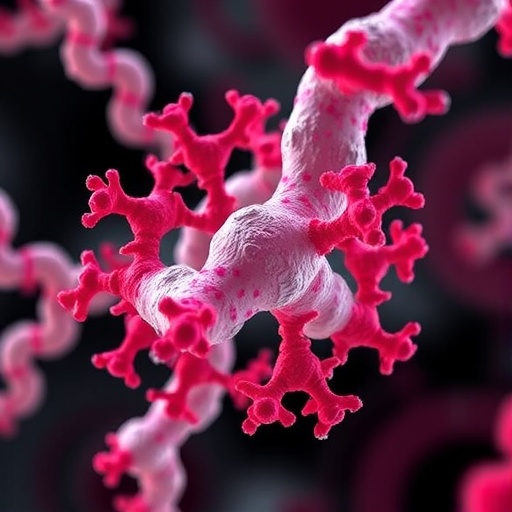By Michelle Ndaga
Researchers at the University of Maryland School of Medicine have developed the first protein-based antidote for carbon monoxide (CO) poisoning, a breakthrough that could transform emergency treatment for the deadly condition. The innovation, detailed in Proceedings of the National Academy of Sciences, uses an engineered protein, RcoM-HBD-CCC, to rapidly and selectively remove CO from the bloodstream without interfering with oxygen transport.
Carbon monoxide binds to hemoglobin up to 400 times more strongly than oxygen, depriving tissues of oxygen and causing potentially fatal brain and heart damage. Current treatments rely on oxygen therapy, which can take hours and often fails to prevent long-term complications. In animal studies, the new protein cleared CO in under a minute and was safely eliminated through urine, avoiding dangerous blood pressure spikes seen with previous approaches.
If proven safe and effective in humans, this therapy could be administered in ambulances or emergency rooms, significantly reducing deaths and disability from Carbon monoxide poisoning.



















